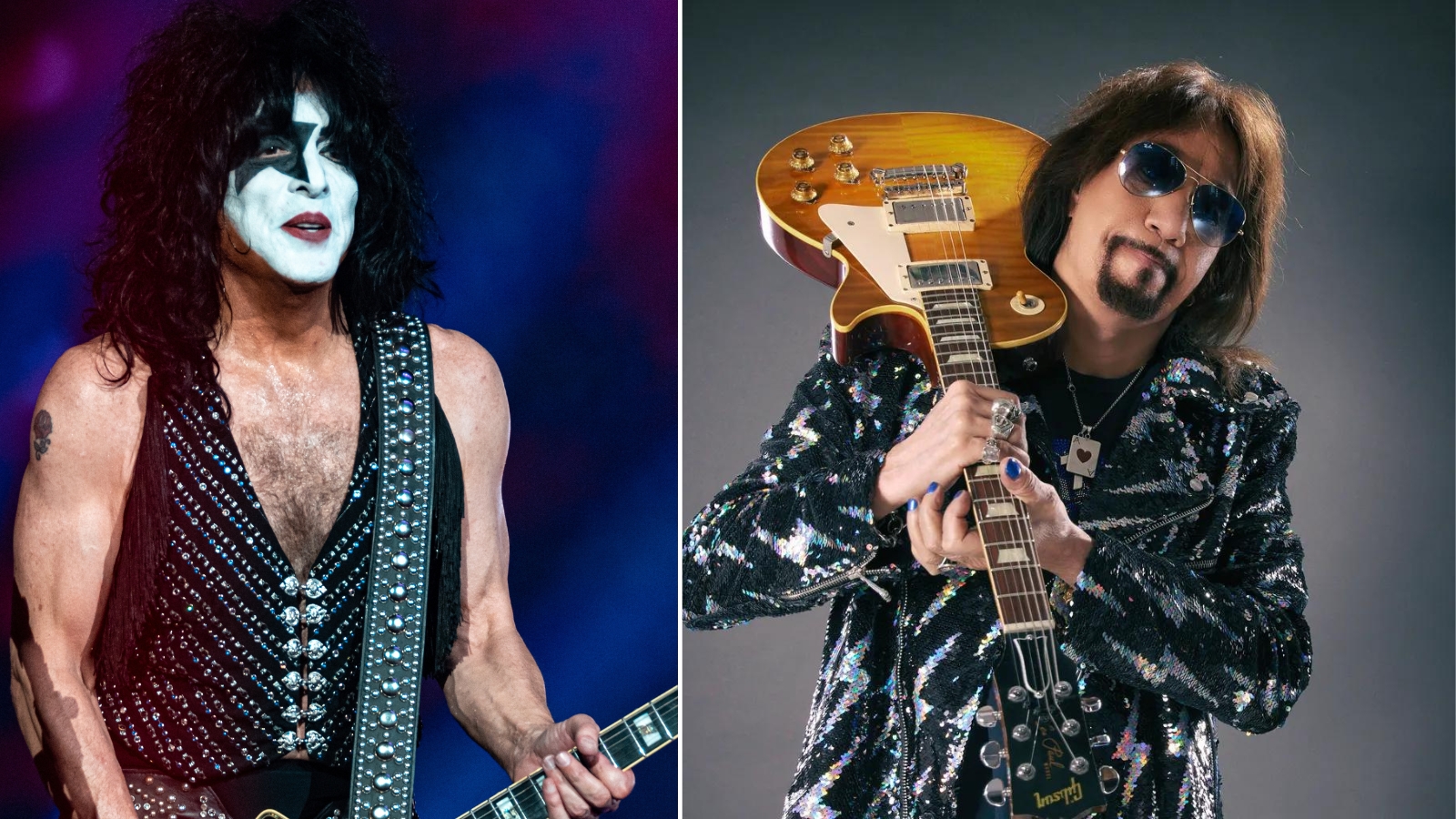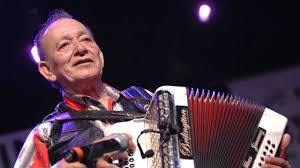Often called the race that stops a nation, the Melbourne Cup is far more than a sporting spectacle.
Every year, Australians pause to watch, cheer, and even shape their wagers, as betting in Melbourne Cup plays an inseparable role in its tradition.
Flemington Racecourse transforms into a global stage, attracting millions of eyes, both at home and abroad.
The story of the Cup is also the story of horses and people who defined it, whose victories etched themselves into the country’s cultural identity.
A closer look at these legends offers insight into why the Melbourne Cup remains unrivaled in prestige.
1. Archer (1861, 1862)
Archer became the first great champion of the Melbourne Cup, winning the inaugural race in 1861 and repeating the feat in 1862.
His achievement as the first two-time winner placed him firmly in racing folklore.
Legends claim he walked over 500 miles from New South Wales to compete, a story that, true or not, captured the imagination of the public.
Archer’s strength and stamina demonstrated the endurance required for the 3,200-meter contest.
His back-to-back victories set the standard for what the Cup would become.
2. Carbine (1890)
Who should win the BEST MELBOURNE CUP of all time?
1️⃣ Carbine
2️⃣ Makybe Diva
3️⃣ Phar Lap
4️⃣ Saintly
5️⃣ Efficient
6️⃣ Delta Blues デルタブルース
7️⃣ Peter Pan
8️⃣ GalileeMatt Hill is your commentator at @FlemingtonVRC. pic.twitter.com/tv6gS5v8gF
— World Horse Racing (@WHR) April 9, 2020
Carbine’s 1890 victory remains one of the most extraordinary in Cup history.
Carrying a record 66 kilograms, he defeated a massive field of 39 horses, the largest ever.
His grit and dominance earned worldwide admiration, and his influence extended into breeding, where his bloodlines produced future champions across the globe.
Carbine represents not just a horse but a dynasty in racing.
3. Phar Lap (1930)
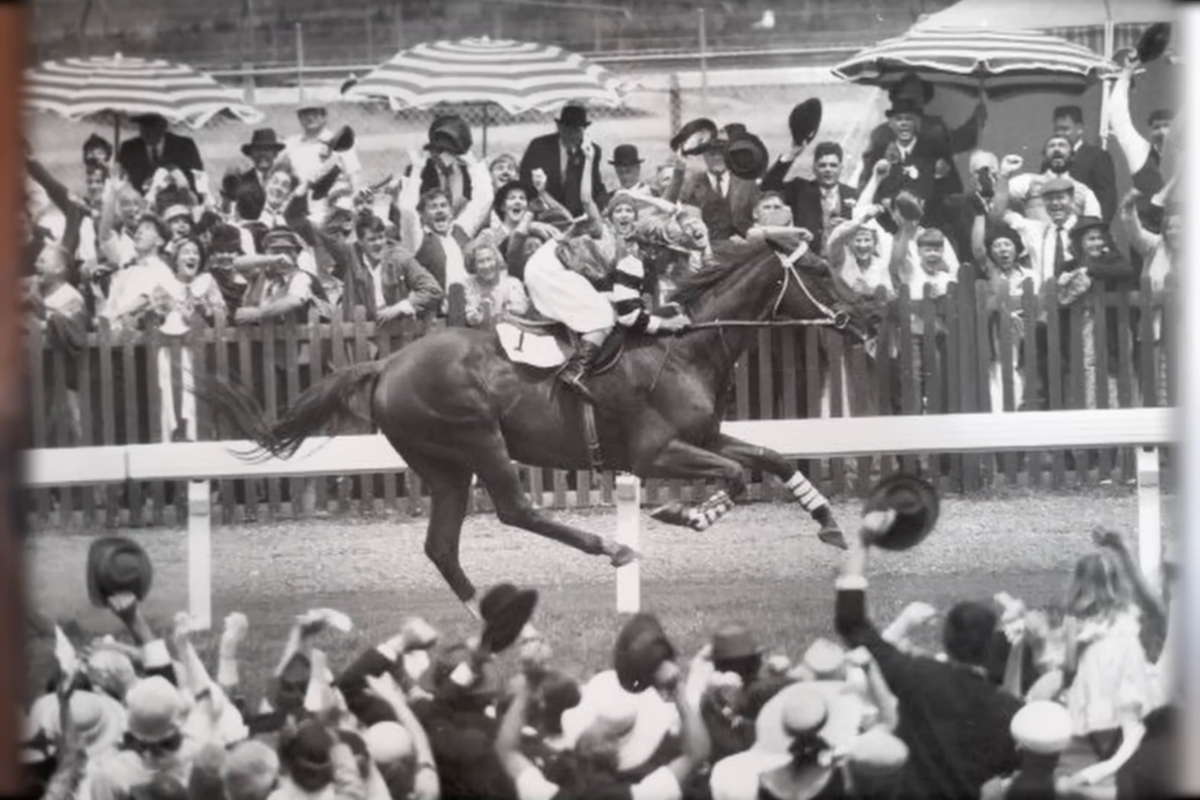
Phar Lap rose as a beacon of hope during the Great Depression.
Carrying 62.5 kilograms, he still cruised to victory in the 1930 Melbourne Cup.
His immense frame, speed, and power made him a household name. Australians saw him as more than a horse; he was a symbol of optimism in desperate times.
His tragic death in the United States only enhanced his legend, leaving a lasting bond between him and the nation.
4. Peter Pan (1932, 1934)
Peter Pan earned fame not only for his dual victories but for his ability to overcome adversity.
After winning in 1932, illness nearly ended his career. Against the odds, he returned in 1934 to claim a second Cup, solidifying his place as a fan favorite.
His comeback embodied courage and resilience, qualities Australians admire deeply.
5. Makybe Diva (2003, 2004, 2005)
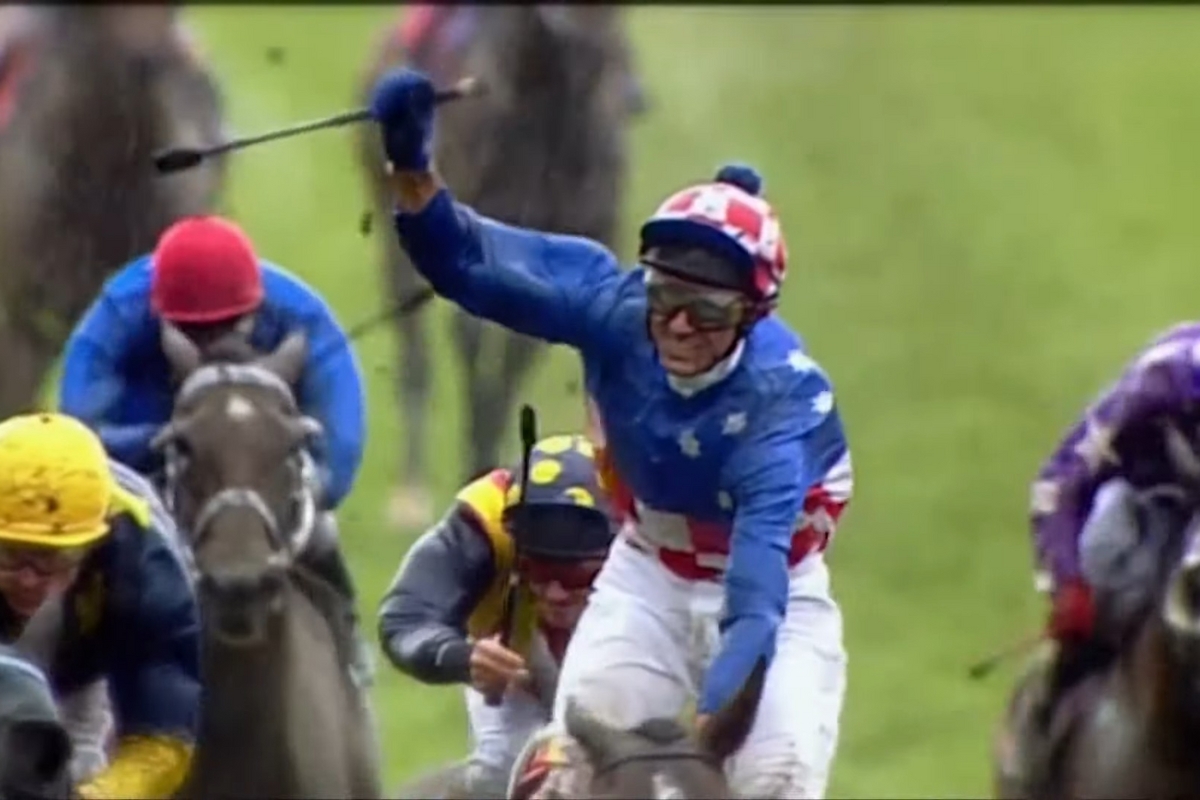
Makybe Diva carved her name into racing immortality by becoming the only three-time Melbourne Cup winner.
Her first two triumphs were historic enough, but her 2005 victory, carrying a record 58 kilograms, was a performance unmatched in history.
Guided by Glen Boss and Lee Freedman, she displayed stamina, power, and consistency across three consecutive years, electrifying crowds and defining greatness.
6. Kingston Rule (1990)
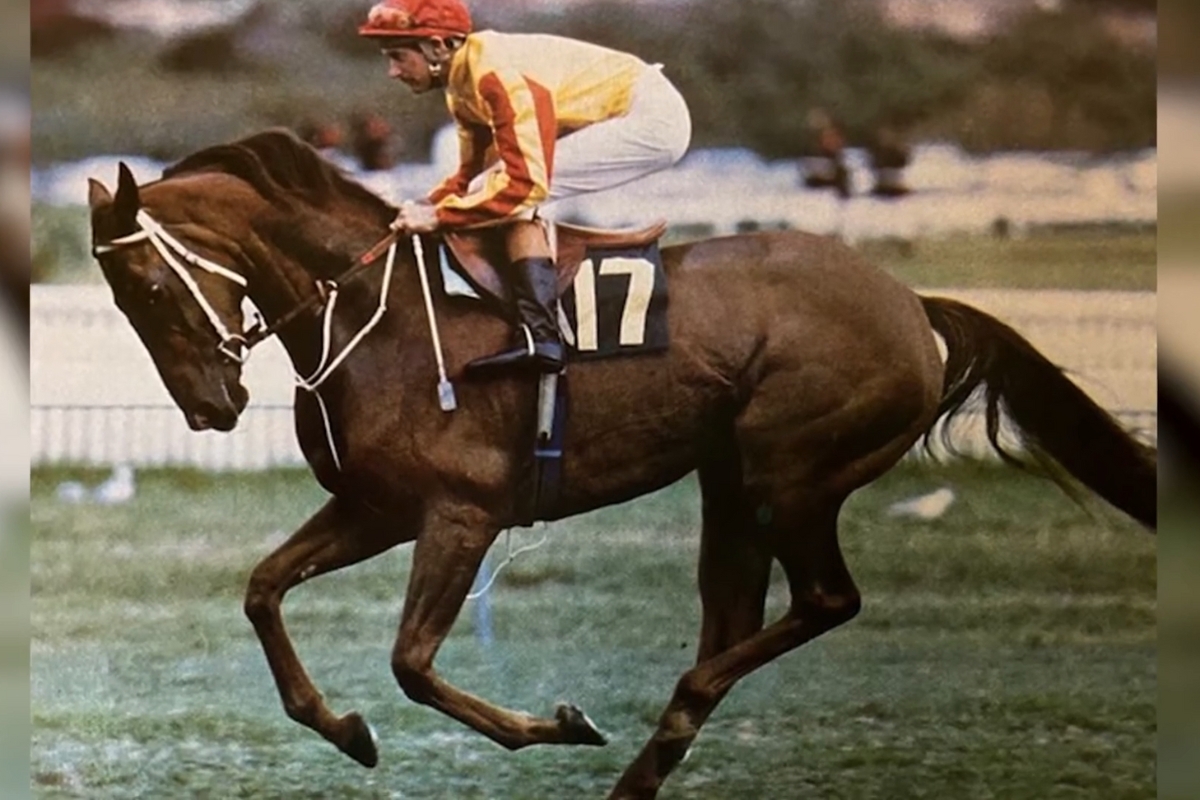
Kingston Rule’s 1990 win remains remarkable for his sheer speed.
Completing the Cup in 3:16.3, he set a record time that still stands.
Trained by Bart Cummings, Kingston Rule demonstrated the blend of endurance and pace required for success.
His victory became a benchmark for excellence, proving that speed could shine in the Cup’s long-distance challenge.
7. At Talaq (1986)
At Talaq delivered one of the most dramatic Cup wins in 1986.
On a rain-soaked track, he surged from behind to snatch victory, proving his adaptability under harsh conditions.
Fans still recall his determination and ability to perform in adversity. His triumph exemplified the Cup’s unpredictable nature and capacity for thrilling finishes.
8. Glen Boss
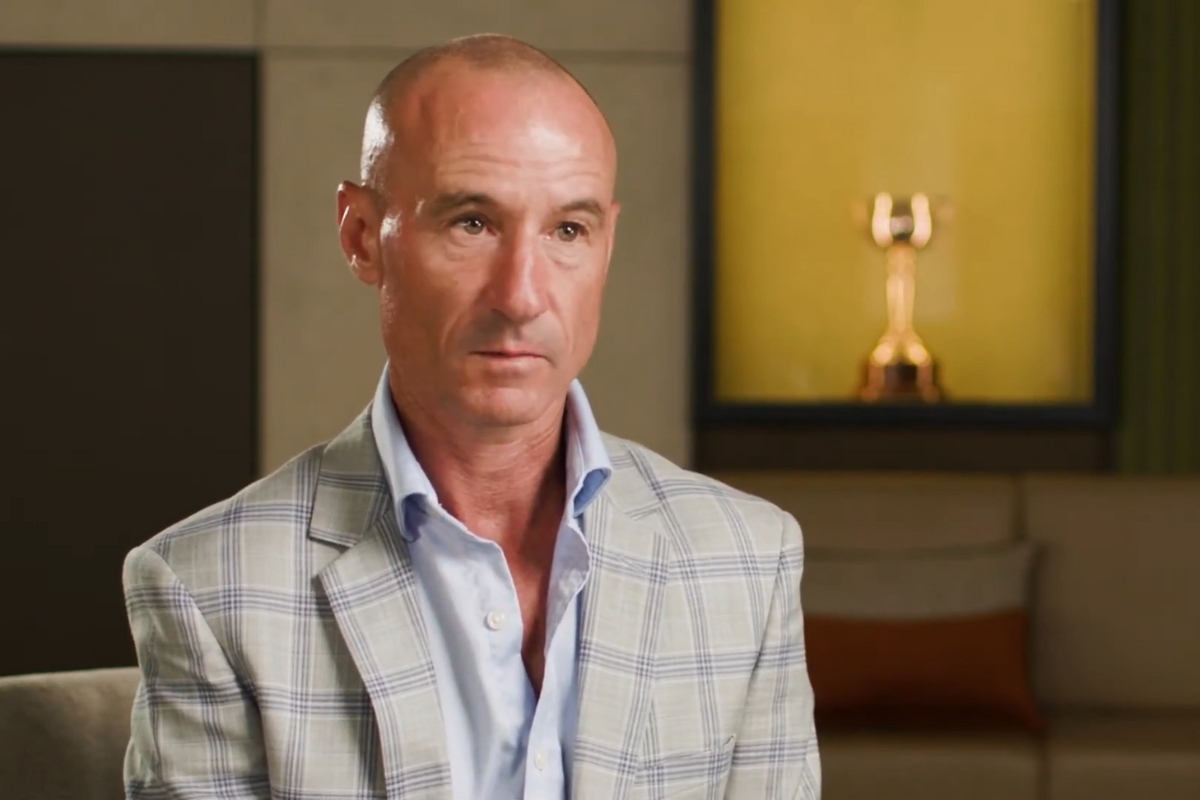
Glen Boss earned his place in Cup history through his remarkable partnership with Makybe Diva.
Riding her to all three of her Cup wins, his tactical skill and calmness under pressure became legendary.
Boss understood how to time her runs to perfection, creating one of racing’s most iconic duos.
9. Bart Cummings
Farewell to a legend. 12-time Melbourne Cup winner Bart Cummings has passed away at 87. Rest in peace, Cups King. pic.twitter.com/4W7UTIbd69
— Victoria Racing Club (@FlemingtonVRC) August 29, 2015
Bart Cummings became synonymous with Melbourne Cup success.
Known as “The Cup King,” he claimed 12 victories as a trainer, a record unmatched.
His first win with Light Fingers in 1965 set the tone for a career defined by skill, strategy, and an instinctive feel for preparing horses.
His dominance reshaped the race and left a permanent mark on Australian horse racing.
10. Michelle Payne (2015)
Michelle Payne shattered barriers by becoming the first female jockey to win the Melbourne Cup.
Her triumph in the Prince of Penzance at 100-1 odds stunned the world.
Her post-race declaration about equality gave the moment cultural weight, inspiring countless women in sport.
Payne’s victory was not only historic but transformative for the Cup and racing as a whole.
The Origins and Prestige of the Melbourne Cup
The Melbourne Cup began in 1861 at Flemington Racecourse, with Archer taking the first crown after a grueling effort.
His mythical walk of over 500 miles to compete only added to the intrigue. Since then, the Cup has grown into a cornerstone of Australian identity.
A public holiday was established in Victoria in 1877, ensuring that people could gather and share in the spectacle.
It unites Australians in a shared experience, celebrated in homes, workplaces, and public venues.
The Cup’s structure also contributes to its challenge and prestige. Run over 3,200 meters, the handicap system demands both stamina and strategy.
Horses, trainers, and jockeys alike must display skill, courage, and heart to triumph.
The Melbourne Cup’s history and format have made it an event unlike any other, blending tradition, competition, and national spirit into one unforgettable race.
Summary
Legends such as Phar Lap, Makybe Diva, and Bart Cummings continue to inspire admiration decades after their triumphs.
Their stories reflect endurance, brilliance, and the unbreakable connection between Australians and the Melbourne Cup.
Just as football draws passionate crowds across the country, the Cup carries the same power to unite communities under a shared tradition.
Every year, new contenders step onto the Flemington track with hopes of joining those immortal names.
The Melbourne Cup’s evolution has produced unforgettable moments, surprising outcomes, and cultural shifts that extend far beyond sport.




